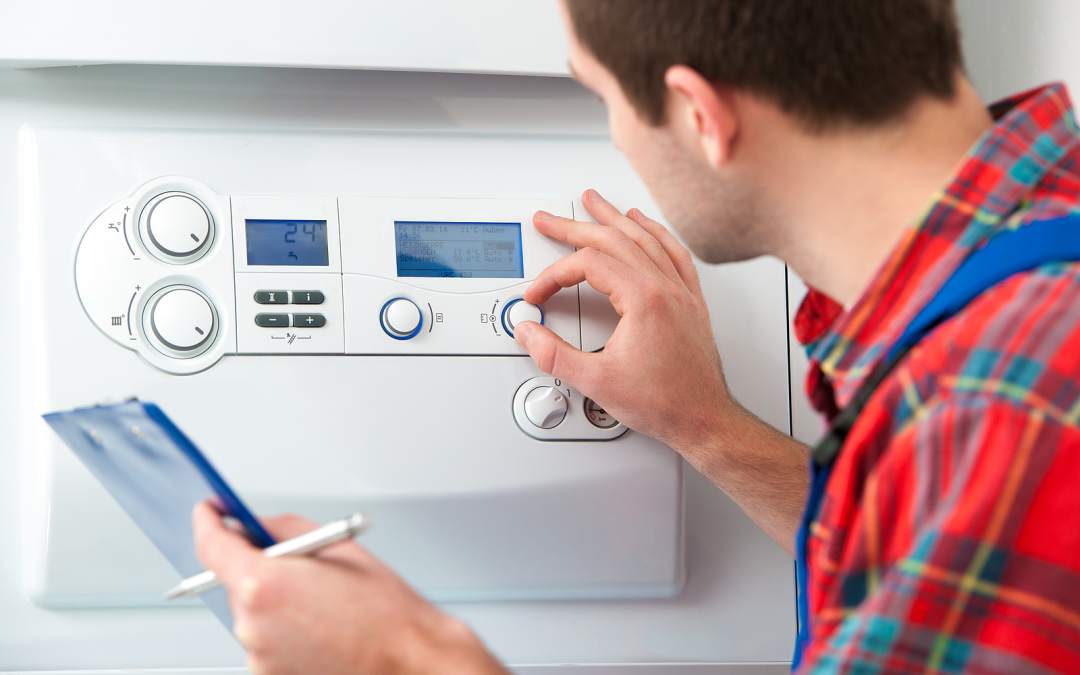The New Year is a time for everyone to make resolutions and dream up lots of plans for the 12 months ahead, but the reality is that each New Year can also bring some new costs.
Just as rail commuters will face a round of ticket price increases, so too will energy customers as the new Energy Price Cap comes into effect. While the overall rate of inflation is now dropping fast, the cost of heating and powering your home remains well above the price paid a couple of years ago and has been the chief contributor to high inflation.
All this means that just as prices in general are still higher (even if they are no longer rising so rapidly), so it is that energy remains costlier. The flip side of that is that countries whose gas supplies were disrupted most by the shift away from Russian supplies due to the invasion of Ukraine have now secured more stable and reliable alternatives.
Despite this adjustment, the new Energy Price Cap set by Ofgem will still lead to increases of five per cent in domestic fuel bills, with the ceiling on bills for the typical dual-fuel household capped at £1,928 a year pro-rata for the January 1st-March 31st period. This compares with £1,834 for the final three months of 2023.
While the rise is certainly modest compared with previous hikes in the last couple of years, it still makes sense to take steps to limit your energy use and ensure your appliances are more efficient to maximise value. Indeed, the comparatively low increase this time may make it possible for your efficiency improvements to cancel out the extra cost.
Among the first things you can do that might be very effective is to have your boiler serviced. If this can work more efficiently, it will need to burn less gas to achieve the temperatures required for heating your hot water and central heating.
This is just one of many things you might be able to do to increase your energy efficiency. You could fit new insulation, take action to seal up any draughts, proactively switch off lights when they are not needed, and turn off standby buttons on appliances.
Apart from that, you might want to look around to see if you can find cheaper tariffs from other energy providers.
However, if your boiler is very inefficient, none of these other steps are likely to be so effective in cutting costs and, most importantly, keeping your home warm. Indeed, if your boiler is very old and in a bad state, it may prove better to have it replaced altogether.
The recent weather has been very wet and windy across the UK, with several named storms such as Gerrit and Henk causing disruption and leading to floods in some areas. But the Met Office has signalled that conditions are set to change and it will soon be much drier, but also a lot colder.
While that means you may be able to go outside without getting drenched, you will return feeling a bit chilly and efficient gas heating will be especially welcome as the mercury dips to or even below zero.
As Moneyweek has reported, some experts believe that energy prices could ease in the second quarter of this year as demand for gas supplies will be more easily met. For instance, Cornwall Insight has said the mild temperatures so far this winter and the lack of any major impact from the current Israel-Hamas conflict mean stored gas levels are high.
That could lead to outright falls in energy prices that will benefit households in spring and summer.
However, that will be of less benefit than if prices were lower during the winter, when the need for heating and lighting is greater. That is why it would be most beneficial to get your boiler serviced now, instead of waiting for later in the year when the days are warmer and lighter and you won’t use it as much.
As ever, it is also essential to make sure anyone carrying out work on your boiler is on the Gas Safe Register. This was set up in 2009 and by law, anyone working on gas appliances is required to be accredited.
When your engineer turns up, you can ask to see their card to show they are on the register, which they will happily show you. This means they are competent to carry out the work safely and will protect you and your home against the dangers that can arise from under-skilled ‘cowboys’.

